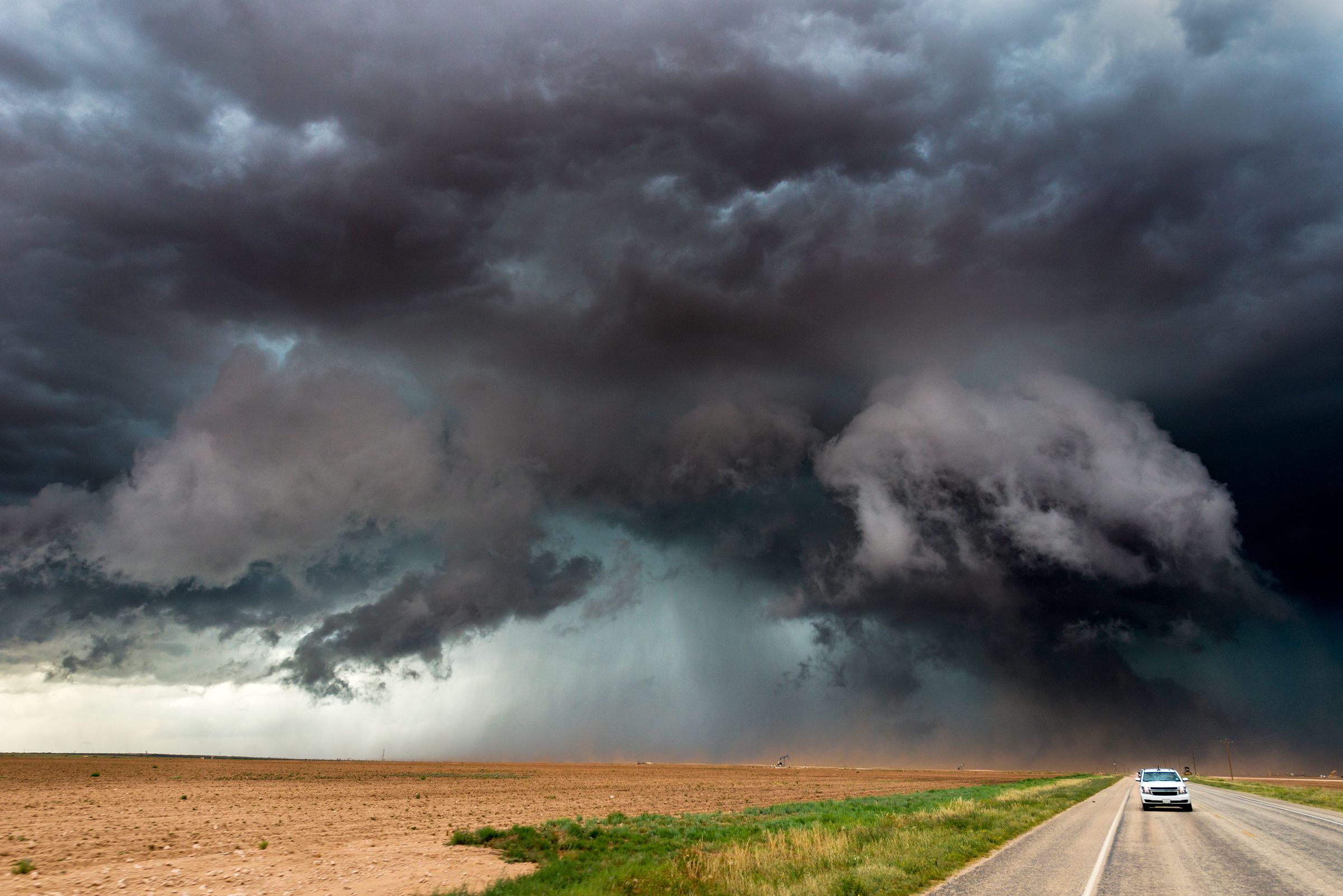’28 Years Later’ Director Danny Boyle Says Shooting on iPhones Let Him Capture ‘Startling’ Violence
28 Years Later: Director Danny Boyle Says Shooting on iPhones Let Him Capture ‘Startling’ Violence
In a recent interview, renowned director Danny Boyle revealed that shooting “28 Years Later,” the latest installment in the popular post-apocalyptic film franchise, entirely on iPhones allowed him to capture a sense of ‘startling’ violence unlike anything seen before in the series.
Boyle, known for his innovative filmmaking techniques, explained that using iPhones as the primary cameras for the film gave him the freedom to shoot in tight spaces and capture realistic, gritty visuals that traditional cameras couldn’t achieve.
“The iPhone allowed me to get up close and personal with the action in a way that traditional cameras just couldn’t match,” Boyle said. “The result is a film that feels raw and immediate, with a level of violence that is truly startling.”
Boyle’s decision to shoot on iPhones was initially met with skepticism from industry insiders, but the director’s bold choice ultimately paid off, with early screenings of “28 Years Later” garnering praise for its intense and immersive cinematography.
Aside from the technical aspects, Boyle also credited the iPhone’s mobility and versatility for helping him create dynamic and visually striking scenes that set the film apart from its predecessors.
“Being able to shoot on iPhones meant that we could capture the chaos and brutality of the world of ’28 Years Later’ in a way that felt authentic and visceral,” Boyle said. “It was a challenging approach, but one that ultimately allowed us to push the boundaries of what’s possible in modern filmmaking.”
With “28 Years Later” poised to be a major success at the box office, Boyle’s use of iPhones as a filmmaking tool could potentially revolutionize the way future directors approach on-set production.
As for Boyle himself, the director remains optimistic about the future of iPhone filmmaking and the endless creative possibilities that it offers.
“The iPhone has opened up a whole new world of storytelling possibilities for filmmakers,” Boyle said. “I can’t wait to see where this technology takes us next.”


